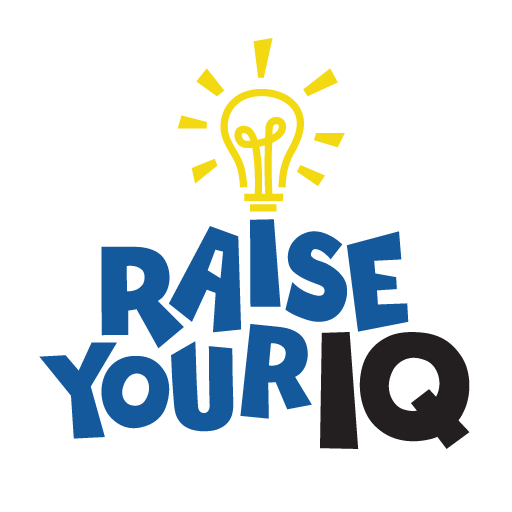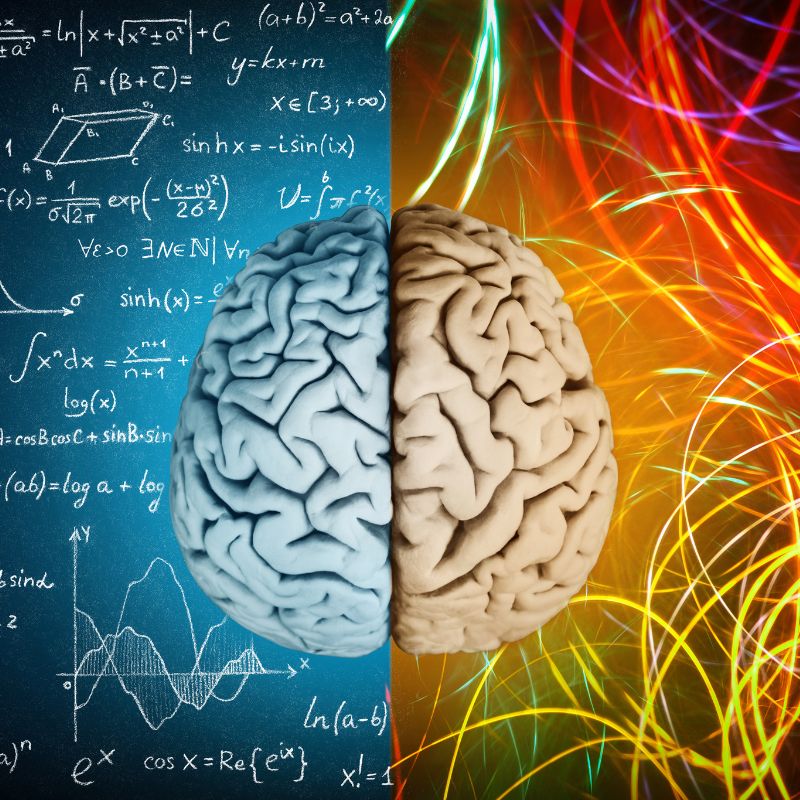The Relational Frame Theory (RFT) approach to intellectual development may hold the key to a functional approach to brain training. That is, RFT claims to have identified some basic building blocks of intellectual development, which center around the ability to understand complex inter-relations among stimuli. For example, understanding that if something is opposite to two other things, then those two things must be the same as each other, involves a relation skill. As another example, if one object is worth more than another, the second one is worth less than the first. The idea that these skills not only underlie intelligence, but constitute it, is core to RFT, a modern behavioral approach, although it sits well with more mainstream cognitive approaches. While most of us are relatively proficient in basic relational skills, we are actually quite deficient in solving more complex relational problems.
To address this deficiency, a form of online brain training called SMART training (Strengthening mental abilities with relational training) was developed by Relational Frame Theory researchers at Maynooth University. The Cassidy et al. study is the second such study to be published by the Maynooth University team to show that SMART training can increase general intelligence as measured by standardized IQ tests, such as the Wechsler Intelligence Scale for Children (WISC).
This new study, however, provides additional evidence that scholastic ability, as measured by a gold standard aptitude test known as the Differential Aptitude Test (DATs), also increases as a result of this very particular form of intellectual skills training. As documented in previous research, the IQ rises cannot be easily accounted for by practice at the IQ test, because the IQ test was administered only twice, with a several month interval between administrations.
Furthermore, IQ rises due to practice are usually very small compared to the rises reported in this latest study. Further still, the training administered to the sample of 11-12 year old children employed in Experiment 1 of this study, was dissimilar to an IQ test. The same applies to the DATs aptitude test. This was administered only twice, and the increases in scores observed for numerical and verbal reasoning far outstripped the increases expected by practice at the test itself.
Once again, the online relational skills training did not in any way teach the items on the DATs test.
This SMART study achieves what critics of “brain training” treat as the benchmark for acceptable brain training; the transfer of skills from the training to other tasks. In this regard the Cassidy study provides more evidence that brain training can work to enhance essential intellectual skills, at least if it focuses on relational skills, or what RFT researchers call Arbitrarily Applicable Relational Responding.
A common criticism of brain training is that while it may improve some cognitive skills needed to complete the training, any benefits may have no practical relevance to daily life. In the current study, however, a sample of 30 14-15 year old children were tracked across several months of online training, 2-3 times per week for 30-45 minutes.
Practice at relational skills, increased their numerical and verbal reasoning abilities, as measured by the DATs (administered and scored by independent third parties) by a significant degree.
Together these numerical indices are used by educators to assess a child’s overall “educational aptitude”, which is the child’s ability to perform well in school across the board. By finding a significant increase in scholastic ability, the current study suggests that SMART relational skills training can make a real and measurable difference to the educability of a child.
While more evidence is always required when such promising results are reported by any new Brain Training method, the case is mounting that a relational frame theory approach to intellectual development may indeed have identified some basic building blocks of intelligence, once thought to be an unchangeable trait.




